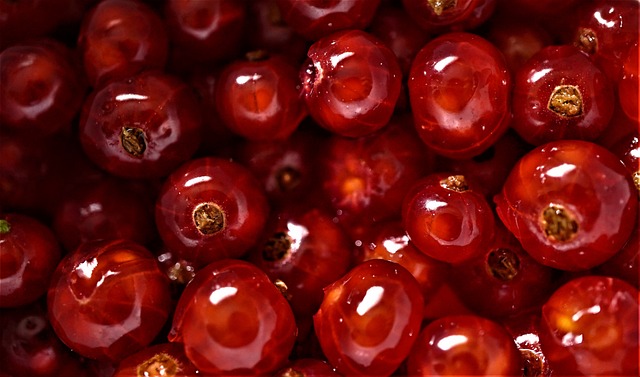The Science Behind How Probiotics Boost Your Immune System
Probiotics are living microorganisms that provide health benefits to the host. They are found in various fermented foods, such as yogurt, kefir, kimchi, sauerkraut, and kombucha. These microorganisms can also be taken in the form of supplements.
Probiotics are known to boost the immune system in various ways. Here are some of the scientific explanations behind this claim:
Probiotics Improve Gut Health
The gut is a critical part of the immune system. It is home to trillions of bacteria, viruses, fungi, and other microorganisms that perform various functions, such as digesting food, synthesizing vitamins, and preventing the colonization of harmful pathogens.
Probiotics can improve gut health by increasing the number and diversity of beneficial bacteria in the gut. They can also strengthen the gut barrier, which is the layer of cells that separates the gut contents from the rest of the body. This barrier prevents harmful substances, such as toxins and pathogens, from entering the bloodstream.
When the gut barrier is compromised, the immune system is triggered to respond. This response can result in inflammation, which can harm the gut and other organs if it becomes chronic. By improving gut health, probiotics can reduce inflammation and promote overall immune system function.
Probiotics Modulate Immune Response
The immune system is a complex network of cells, tissues, and organs that work together to protect the body from pathogens and other harmful substances. It also plays a role in healing and tissue repair.
Probiotics can modulate the immune response by interacting with various components of the immune system, such as immune cells, cytokines, and antibodies. They can stimulate the production and activity of immune cells, such as natural killer cells, T cells, and macrophages, which are responsible for identifying and destroying pathogens and abnormal cells.
Probiotics can also regulate the production and activity of cytokines, which are signaling molecules that mediate the immune response. Some probiotic strains can increase the production of anti-inflammatory cytokines, such as interleukin-10, while reducing the production of pro-inflammatory cytokines, such as interleukin-6 and tumor necrosis factor-alpha.
Furthermore, probiotics can enhance the production and function of antibodies, which are proteins that recognize and neutralize pathogens. This can lead to an overall improvement in immune system function and a reduction in the risk of infections and autoimmune diseases.
Probiotics Boost Antioxidant Capacity
Oxidative stress is a condition in which there is an imbalance between the production of reactive oxygen species (ROS) and the body’s antioxidant defenses. ROS are highly reactive molecules that can damage cells and tissues if their production exceeds the body’s capacity to neutralize them.
Probiotics can boost antioxidant capacity by increasing the production and activity of antioxidant enzymes, such as superoxide dismutase, catalase, and glutathione peroxidase. These enzymes can neutralize ROS and prevent oxidative damage.
Probiotics can also increase the production and activity of non-enzymatic antioxidants, such as vitamins C and E, glutathione, and carotenoids. These antioxidants can scavenge ROS and protect cells and tissues from oxidative damage.
Conclusion
Probiotics are a promising avenue for improving immune system function and reducing the risk of infections and autoimmune diseases. The mechanisms behind their immune-boosting effects involve improving gut health, modulating the immune response, and boosting antioxidant capacity.
If you’re interested in trying probiotics, make sure to choose a high-quality supplement or consume fermented foods that contain live probiotic strains. Consult with your healthcare provider to determine the best dosage and strain for your needs.







